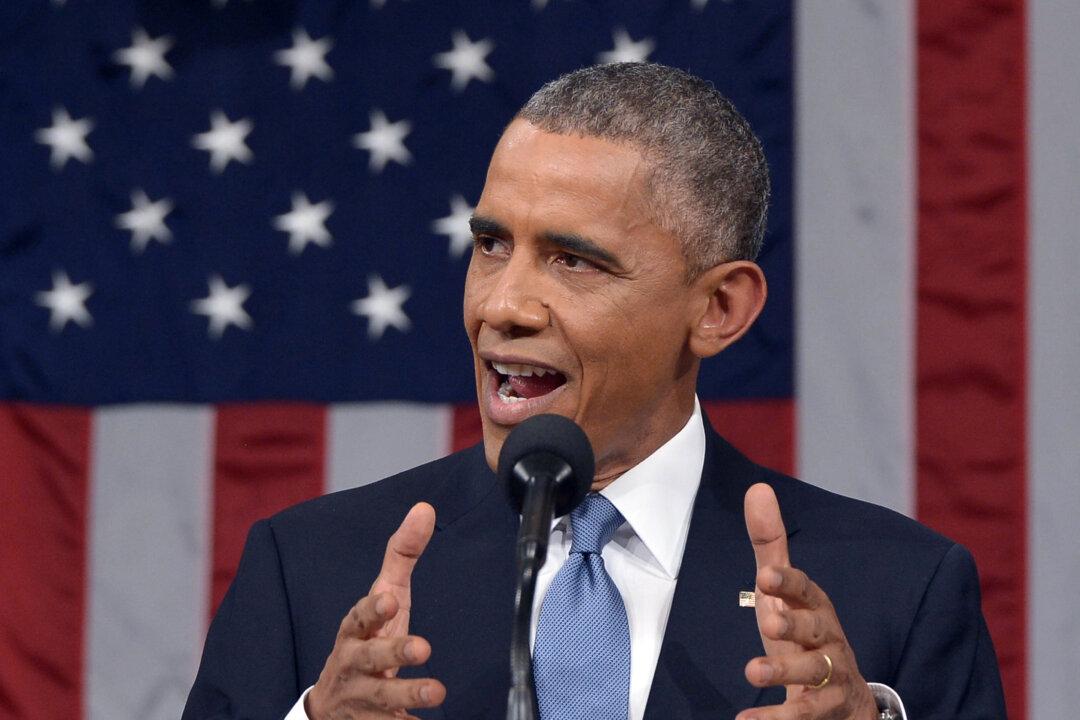President Barack Obama made his point repeatedly in Tuesday’s State of the Union address that he will reach out to the Republican-controlled Congress, but expects collaboration, or at least a civil discourse, in return.
“If we’re going to have arguments, let’s have arguments, but let’s make them debates worthy of this body and worthy of this country,” Obama said.
Yet in the same breath he promised to veto any attempt by Congress to touch his health reform or executive orders on immigration. He even proposed raising taxes on the rich, further alienating the lawmakers.
Republicans in the audience gave him a cold shoulder, hardly reacting to even universally positive talking points, like improving the economy.
Still, there were some, mostly fragile, isles of commonality.





